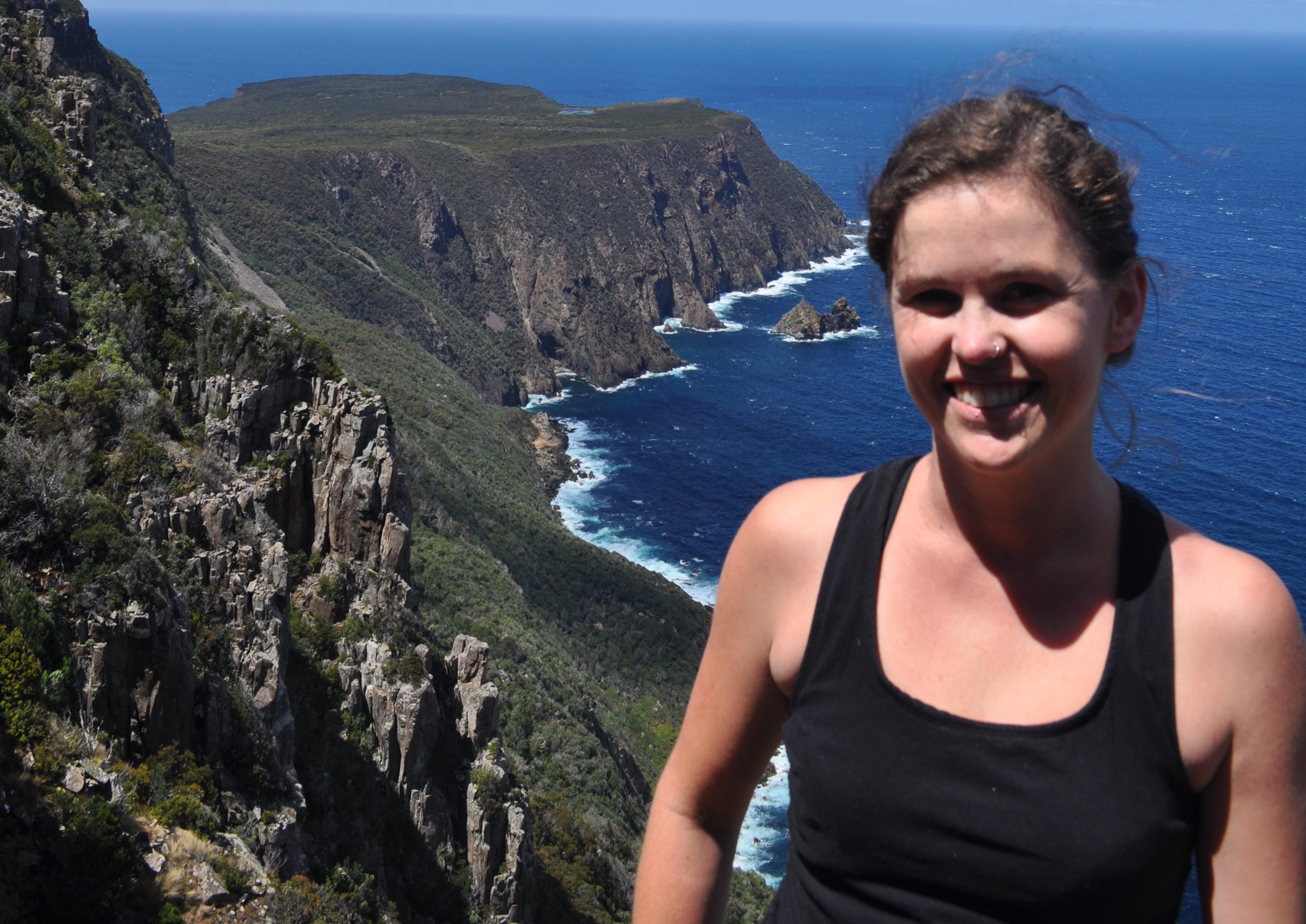 Sarah Andrewartha is a comparative physiologist with a soft spot for shellfish.
Sarah Andrewartha is a comparative physiologist with a soft spot for shellfish.
Together with our Food Futures team and the University of Tasmania, Sarah is developing new sensors that can measure the heartbeat of oysters. Why, you ask?
It’s all about helping the aquaculture industry improve productivity, manage risks and minimise environmental impact. Oyster famers can use this technology to make predictions about what might be happening in the environment over the next few days, which is critical for their business processes.
And for us, this means putting better produce on our plates.
The technology is being trialled as part of Sense-T’s Aquaculture Optimisation Project, which is using existing sensor networks to make information available to the industry through simple web and phone apps.
“We can put animals into higher or lower temperatures, change salinity and measure the oyster’s response; even irregularities in their heartbeat. When we put the animals out into the field with the sensors inside them, the farmers can understand what this data means for the oysters and when the right time to move or harvest oysters is,” says Sarah.
After completing her PhD and Honours in Animal Science at Melbourne’s La Trobe University, Sarah worked as a postdoctoral fellow at the University of North Texas. She later joined us at CSIRO in 2012 after completing her Masters of Science Communication.
“Building relationships with the aquaculture industry and using research to learn and problem solve makes working as a CSIRO postdoc a truly rewarding experience.”
Check out the video below or head to our website to learn more about the project.
For more information on careers at CSIRO, follow us on LinkedIn.

